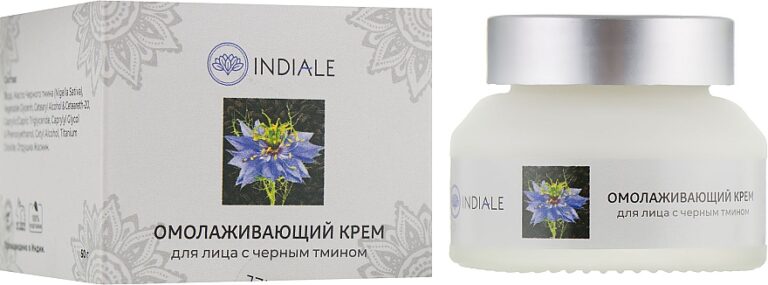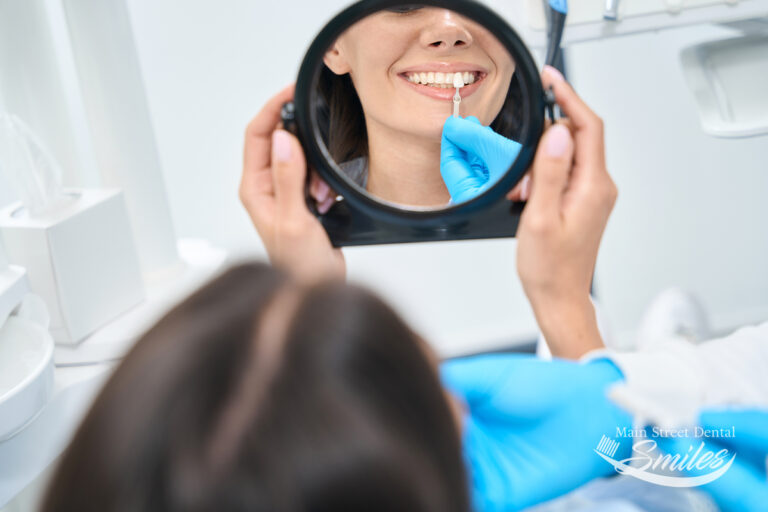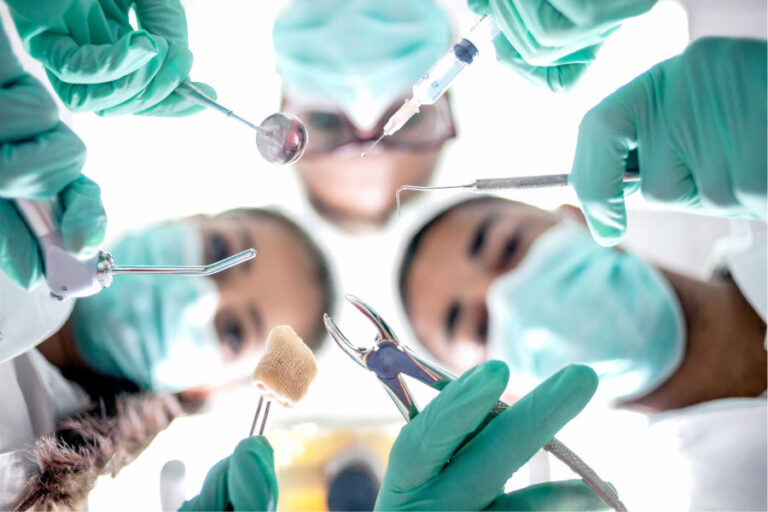Pickle juice, the tangy liquid left behind after pickles have been enjoyed, is often discarded or overlooked. However, there’s growing interest in its potential health benefits, particularly when consumed before bed. The benefits of drinking pickle juice before bed can be surprising and diverse, offering unique advantages ranging from improved hydration to better sleep quality. In this detailed exploration, we’ll uncover why this humble brine might be a worthy addition to your nighttime routine.
What Is Pickle Juice?
Pickle juice is the liquid used to cure and preserve pickles. It typically consists of water, vinegar, salt, and various spices, depending on the pickle recipe. This briny solution not only gives pickles their distinctive flavor but also contains several nutrients and compounds that can have beneficial effects on health.
Nutritional Profile of Pickle Juice
Electrolytes
One of the standout features of pickle juice is its high electrolyte content. Electrolytes, including sodium, potassium, and magnesium, are crucial for maintaining fluid balance and supporting muscle function. These minerals can be particularly valuable when consumed before bed, as they may help with hydration and muscle relaxation.
Vinegar
Vinegar, a key ingredient in pickle juice, is known for its various health benefits. It contains acetic acid, which has been linked to improved digestion and blood sugar control. This component adds a unique aspect to the potential benefits of drinking pickle juice before bed.
Sodium
While high sodium content is often viewed negatively, it plays a role in electrolyte balance. Consuming pickle juice in moderation can help replenish sodium levels, especially after intense physical activity or sweating.
Hydration and Electrolyte Balance
Improved Hydration
Hydration is essential for overall health, and pickle juice can contribute to maintaining fluid balance. The electrolytes in pickle juice help retain water in the body, which is crucial for staying hydrated overnight. Proper hydration before bed can support various bodily functions and improve the quality of sleep.
Muscle Cramps and Relaxation
Muscle cramps are a common issue that can disrupt sleep. The electrolytes in pickle juice, particularly potassium and magnesium, help with muscle relaxation and may reduce the likelihood of cramps. Drinking pickle juice before bed can be a simple way to alleviate discomfort and promote a more restful sleep.
Sleep Quality and Restfulness
Improved Sleep Patterns
Some studies suggest that the components in pickle juice may influence sleep quality. The combination of electrolytes and vinegar might contribute to more stable blood sugar levels and better hydration, which can positively impact sleep patterns. Drinking pickle juice before bed could help you fall asleep faster and stay asleep longer.
Reduced Nighttime Leg Cramps
Nighttime leg cramps are a common problem, especially among older adults. The minerals in pickle juice, such as potassium and magnesium, play a role in muscle function and can help prevent these cramps. Consuming pickle juice before bed might reduce the frequency and severity of leg cramps during the night.
Digestive Health
Enhanced Digestion
Vinegar, a major component of pickle juice, has been shown to support digestive health. It can aid in the digestion of food by increasing stomach acid levels, which helps break down food more effectively. Drinking pickle juice before bed might assist in digestive processes, potentially leading to a more comfortable and restful night.
Reduced Bloating
For those who experience bloating or discomfort after meals, pickle juice might provide some relief. The vinegar in pickle juice can help with digestion and reduce bloating, which can contribute to a more comfortable sleep experience.
Blood Sugar Regulation
Stable Blood Sugar Levels
Vinegar has been linked to improved blood sugar regulation. Consuming pickle juice before bed might help stabilize blood sugar levels overnight, which can be beneficial for individuals with blood sugar management concerns. Stable blood sugar levels can contribute to better sleep and overall health.
Reduced Risk of Nighttime Hypoglycemia
For individuals with diabetes or those prone to low blood sugar levels, drinking pickle juice before bed might help reduce the risk of nighttime hypoglycemia. The vinegar in pickle juice can support blood sugar stability, helping prevent sudden drops that could disrupt sleep.
Weight Management
Appetite Control
Vinegar has been associated with increased feelings of fullness and reduced appetite. Drinking pickle juice before bed might help control late-night cravings and prevent overeating. This could be a useful strategy for those looking to manage their weight and avoid late-night snacking.
Metabolism Boost
Some research suggests that vinegar can boost metabolism. While the effects might be modest, incorporating pickle juice into your evening routine could contribute to a slight increase in metabolic rate. This can support weight management efforts and overall health.
Detoxification and Kidney Health
Natural Detoxification
Pickle juice has diuretic properties, which means it can promote urine production and support the body’s natural detoxification processes. Drinking pickle juice before bed might help flush out toxins and support kidney function, contributing to overall wellness.
Support for Kidney Function
The electrolytes and vinegar in pickle juice can support kidney health by promoting proper fluid balance and reducing the risk of dehydration. Healthy kidneys are essential for filtering waste from the blood and maintaining overall health.
Potential Risks and Considerations
High Sodium Content
One of the main concerns with drinking pickle juice is its high sodium content. Excessive sodium intake can lead to health issues such as high blood pressure. It is important to consume pickle juice in moderation and be mindful of your overall sodium intake.
Digestive Sensitivity
For some individuals, the acidity of pickle juice might cause digestive discomfort or exacerbate conditions like acid reflux. If you have a sensitive stomach or digestive issues, it’s best to start with small amounts and monitor how your body responds.
How to Incorporate Pickle Juice Into Your Routine
Recommended Amount
A small amount of pickle juice, typically 1 to 2 ounces, is sufficient to reap its benefits without excessive sodium intake. It’s best to consume it before bed as part of your evening routine.
How to Enjoy
Pickle juice can be consumed on its own or mixed with water to dilute the strong flavor. You might also consider incorporating it into a pre-bedtime drink or using it as a seasoning in light, nutritious meals.
Monitoring Your Health
As with any dietary change, it’s important to monitor how pickle juice affects your body. If you experience any adverse effects or discomfort, it’s best to consult with a healthcare professional.
Conclusion
The benefits of drinking pickle juice before bed are varied and intriguing. From improved hydration and muscle relaxation to better sleep quality and digestive health, this unassuming brine offers a range of potential advantages. While it’s essential to consume pickle juice in moderation due to its sodium content, incorporating it into your nightly routine could enhance your overall well-being and contribute to a more restful night’s sleep. As always, individual responses can vary, so it’s important to listen to your body and make informed choices about your health.













